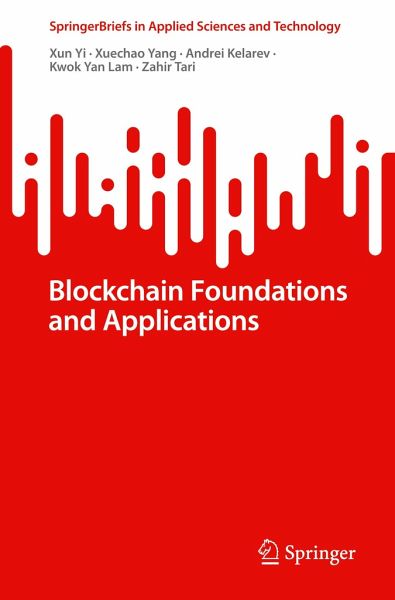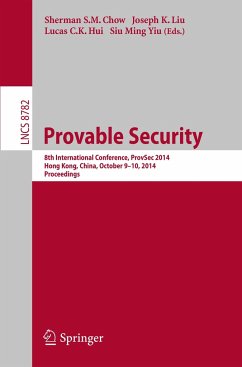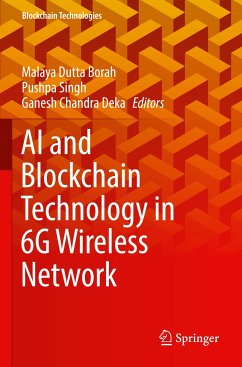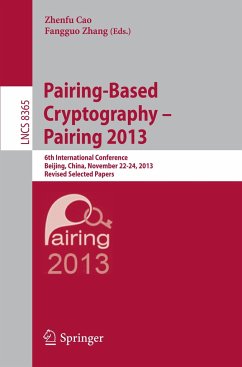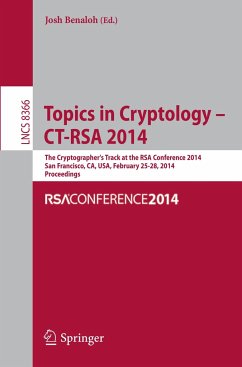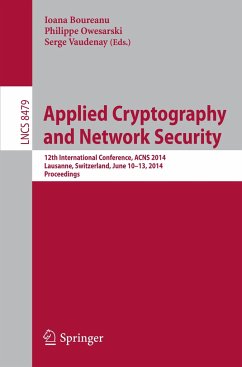Xun Yi is currently a Professor in Cyber Security with School of Computing Technologies, RMIT University, Australia. His research interests include Cloud and IoT Security and Privacy, Distributed System Security, Blockchain Applications, and Applied Cryptography. So far, he has published 2 books and more than 200 journal and conference papers (more than 80 first authored papers), 30 of them are on IEEE Transactions. He has undertaken an Associate Editor for IEEE Transactions on Dependable and Secure Computing from 2014 to 2018 and a PC Co-Chair for 2017 ACM Asia Conference on Computer and Communications Security (ASIACCS). Currently, he is an Associate Editor for IEEE Transactions on Knowledge and Data Engineering and an Associate Editor for Information Science Journal. He has been an ARC College Expert from 2017 to 2019. Xuechao Yang is a Research Fellow in the School of Computing Technologies, RMIT University, Australia. He received the Bachelor degree in Information Technology from RMIT University (2013), and received Bachelor of Computer Science Honours in 2014. In 2018, He completed the Ph.D. degree in School of Science RMIT, with data61 CSIRO. His research interests include cybersecurity, cryptosystems and blockchain technology. Andrei Kelarev is a Research Fellow in the School of Computing Technologies, RMIT University, Australia. He is an author of two books and 198 journal articles. He worked as an Associate Professor in the University of Wisconsin and University of Nebraska in USA, a Senior Lecturer in the University of Tasmania in Australia, and was a Chief Investigator of a large Discovery grant from Australian Research Council. He is working on cyber security and blockchain applications. Kwok Yan Lam is a Full Professor of Computer Science and Director of the Nanyang Technopreneurship Center at NanyangTechnological University (NTU), Singapore. He is currently also the Executive Director of the Strategic Centre for Research in Privacy-Preserving Technologies and Systems (SCRiPTS), and Director of NTU's SPIRIT Smart Nation Research Centre. From August 2020, Professor Lam is also on part-time secondment to the INTERPOL as a Consultant at Cyber and New Technology Innovation. He served as the Program Chair (Secure Community) of the Graduate College of NTU 2017-2019. Professor Lam has been a Professor of the Tsinghua University, PR China (2002-2010) and a faculty member of the National University of Singapore and the University of London since 1990. He was a visiting scientist at the Isaac Newton Institute of the Cambridge University and a visiting professor at the European Institute for Systems Security. In 2018, Professor Lam founded TAU Express Pte Ltd, an NTU start-up which specializes in AI and Data Analytics technologies for Smart Cities applications. TAU is a spin-off of the Intelligent Case Retrieval System project, a collaboration between NTU and the Singapore Supreme Court. In 1997, he founded PrivyLink International Ltd, a spin-off company of the National University of Singapore, specializing in e-security technologies for homeland security and financial systems. In 2012, he co-founded Soda Pte Ltd which won the Most Innovative Start Up Award at the RSA 2015 Conference. In 1998, he received the Singapore Foundation Award from the Japanese Chamber of Commerce and Industry in recognition of his R&D achievement in Information Security in Singapore. Prof Lam received his B.Sc. (First Class Honours) from the University of London in 1987 and his Ph.D. from the University of Cambridge in 1990. His research interests include Distributed Systems, IoT Security Infrastructure, Distributed Protocols for Blockchain, Biometric Cryptography, Homeland Security and Cybersecurity. Zahir Tari is a Full Professor in Distributed Systems with&a
